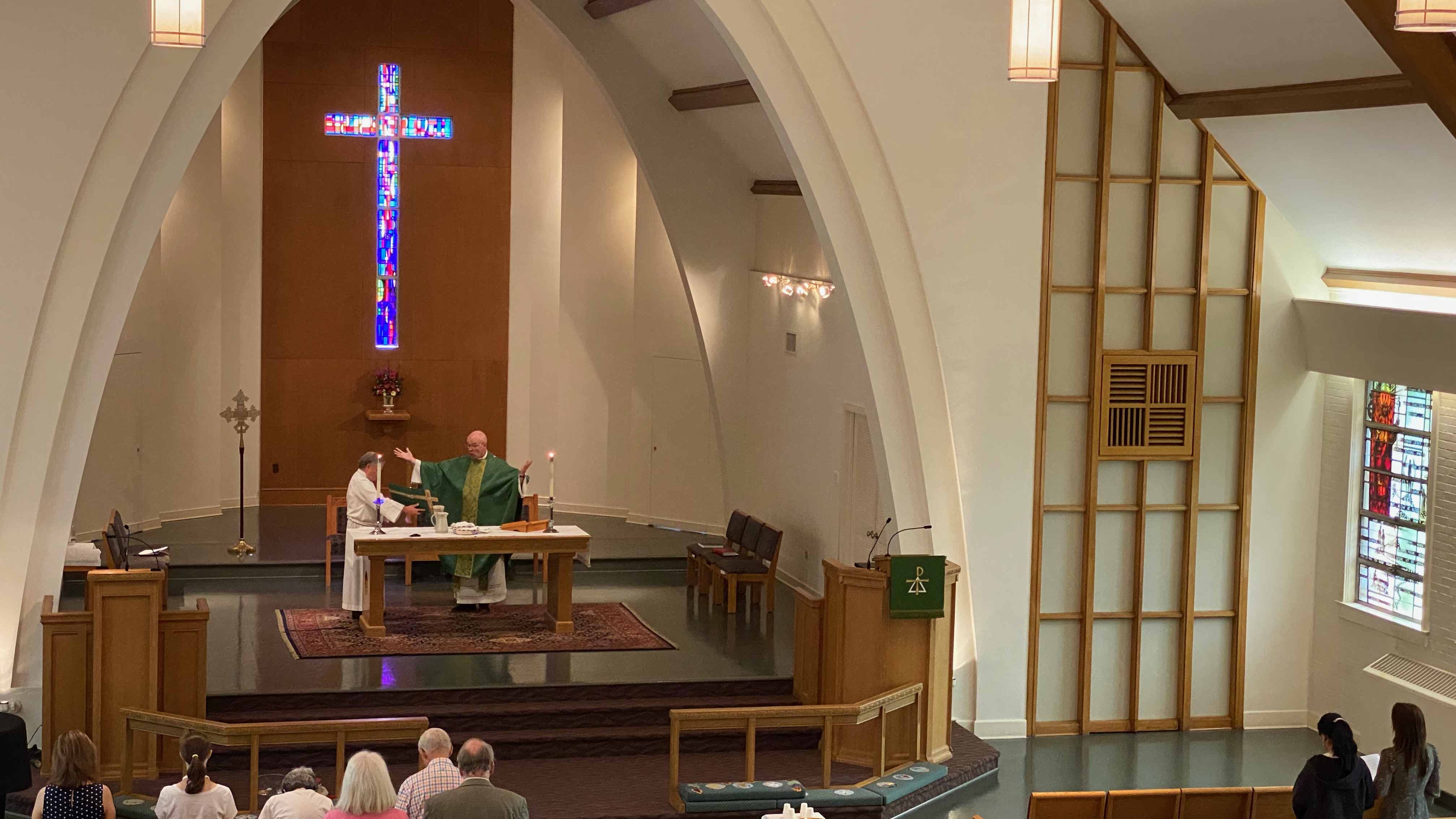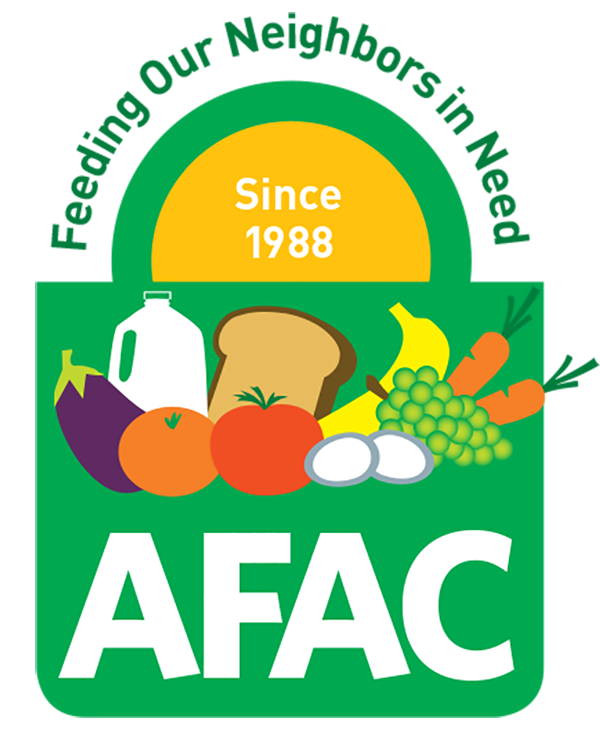Week of the Second Sunday after Epiphany
Dear Friends in Christ:
January 18, the Confession of Peter, begins the Week of Prayer for Christian Unity, 2022. What started as a small prayer movement among Episcopal Franciscans and Catholics in the Hudson River Valley north of New York City in 1908 has over the decades become an international observance embraced by millions and sponsored by the Commission on Faith and Order of the World Council of Churches and the Catholic Pontifical Council for Promoting Christian Unity.
The Week of Prayer for Christian Unity, an octave encouraging daily prayer observances, begins on the commemoration of the Confession of Peter and concludes a week later on the day of the commemoration of the Conversion of Paul, an octave bracketed by the celebration of two major figures of the Christian tradition who represent different strands of our faith tradition. Peter was one of Jesus’ disciples who was among the first-hand, eyewitnesses of Jesus’ life, ministry, death and resurrection, and who became one of the twelve original apostles, and a central figure among the twelve. Paul, on the other hand, as Saul, a persecutor of the early Christian movement and its believers, had his conversion experience on the road to Damascus, and thus came to this new movement in a way very different from the twelve original apostles. Paul struggled to have his apostolic authority accepted during the days of his public ministry.
These differences could have taken Christianity in very different and divided directions. But the basic rapprochement between Pauline and Petrine factions in the early days preserved early unity in the emergent church even amidst its sometimes-conflicting diversity. There is an icon in the offices of the Pontifical Council for Promoting Christian Unity in the Vatican that features Peter and Paul embracing each other. That is an image which captures the unifying spirit of the ecumenical octave of this week. It is indeed appropriate that the Week of Prayer for Christian Unity should begin and conclude with commemorations of Peter and Paul, a celebration of and aspiration for unity in diversity.
Each year materials for marking and celebrating the Week of Prayer for Christian Unity are developed by different ecumenical councils in various regions of the world. Materials for 2022, published nationally by the Graymoor Ecumenical and Interreligious Institute in New York, were crafted by the Middle East Council of Churches in Beirut, Lebanon. This year’s theme is based on Matthew 2:2 – “We saw the star in the east, and we came to worship him.” Here is further elaboration on this theme from the website of the Graymoor Institute: “Today, more than ever, the Middle East needs a heavenly light to accompany its people. The star of Bethlehem is a sign that God walks with his people, feels their pain, hears their cries, and shows them compassion. It reassures us that though circumstances change and terrible disasters may happen, God’s faithfulness is unfailing…. The journey of faith is this walking with God who always watches over his people and who guides us in the complex paths of history and life. For this Week of Prayer, the Christians of the Middle East chose the theme of the star that rose in the east for a number of reasons. While many Western Christians celebrate Christmas, the more ancient feast, and still the principal feast of many Eastern Christians, is the Epiphany when God’s salvation is revealed to the nations in Bethlehem and at the Jordan. This focus on the theophany (the manifestation) is, in a sense a treasure which Christians of the Middle East can offer to their brothers and sisters around the world.”
Here is a link, should you wish to participate in a live, online observance of the Week of Prayer for Christian Unity. It begins at 12:00 pm (Noon) Eastern on Wednesday, January 19.
And here is a link to official Week of Prayer for Christian Unity 2022 materials to support your daily prayers for greater visible unity in the church.
As I have written to you before, I am a devoted ecumenist and am committed to promoting the greater visible unity among Christian churches, and this for the sake of our witness to the world rooted in Jesus’ prayer recorded in John’s Gospel: “I ask not only on behalf of these, but also on behalf of those who will believe in me through their word, that they may all be one. As you, Father, are in me and I am in you, may they also be in us, so that the world may believe that you have sent me.” (John 17:20-21) I, therefore, see ecumenical work as central to the mission of the church and not as an optional, extra thing to engage in if we have time and inclination.
Ecumenical involvements, ranging from local to national and even international initiatives, have consistently been key features of my public ministry for over three decades. Thus, it’s been a disappointment to me that Arlington has no apparent current, active, formal ecumenical association of churches and church leaders. I would otherwise be an active participant in such a group. Thus, I will continue to endeavor informally to reach out to colleagues in neighboring congregations in future months, pandemic permitting, seeking to build some meaningful ecumenical relationships locally. Nationally, I continue to serve as the Lutheran co-chair of the Lutheran-Methodist Full Communion Coordinating Committee.
Additionally, I am heartened by Resurrection Church’s own history of and current expressions of ecumenical commitments. My predecessor, Pastor Scott Ickert, is a committed ecumenist, well-known for his involvements synodically and nationally. And we have a number of members whose current professional and personal passions include involvement in various forms of ecumenical work.
Meanwhile, Resurrection families, like many Christian families today, embody their own versions of ecumenical commitments and realities. We have several mixed church families, especially Lutheran-Catholic, and it gladdens my heart that these families find ways of honoring the other spouse’s own churchly commitments by participating in activities of their spouse’s churches. And it’s especially delightful to me that some of our most active participants at Resurrection are officially members of other churches!
This is perhaps an expression of what is known in ecumenical circles as “spiritual ecumenism,” that is, when commitments to the greater visible unity of the church are lived out in personal and practical ways at local levels.
Thanks be to God for such witness to the unity we in fact enjoy in Christ Jesus, an embodied fulfillment in part of our prayers for Christian unity this week and throughout the year.
Praying along with our Lord that we may all be one – for the sake of the world,
Pastor Jonathan Linman






